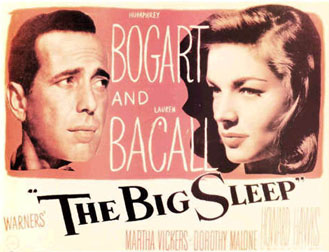ISBN: 978-0-679-73218-1
Music: Rural Alberta Advantage
Company:
Pages: 225-303
The Lead In: Going to try and just finish this thing today.
The 411 on the 55: So all along Bon was Henry and Judith's brother. Apparently Mr. Sutpen had been messing around with the help. This explains both his knowledge of Bon's background and his intense fight against the marriage. Bon's mother had done her best to train him to punish Sutpen from birth. It was her plan for revenge that brought him into contact with Henry in college and led him to Judith.
The story meanders through telling from multiple memories and characters. Quentin wrestles with his own past and imagine countless conversations between Henry, Bon, and the rest of the bunch. Finally the story ends with Quentin and a relative returning to the ruined Sutpen Hundred to find the extremely old Henry and a former slave living in the dilapidated mansion secretly. Henry is dying and when they try to bring medical treatment to help him, the former slave sets the house on fire, killing the remaining Sutpen.
The 20/20: This book was certainly not an enjoyable read. I found the narrative confusing and complicated. The story seems to have a moral, pointing out the complicated nature of African American and white relations in the Old South. It seems that it also emphasizes the punishment on an entire family tree for the sins of the father (fathering a child with a black woman). I didn't like it much, sort of let down, as I have always enjoyed Faulkner. Better luck next time, I guess.
Line of the Day: "...by that time he had learned that there were three things and no more: breathing, pleasure, darkness." pg. 240
Fact on the Fiction: Faulkner did a lot of work in Hollywood, including the screenplay for the movie, The Big Sleep.
